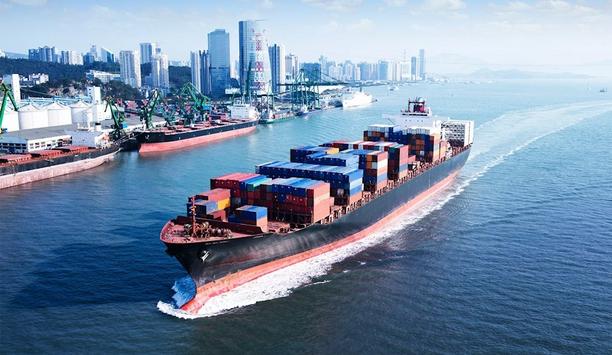Hempel Antifouling Dynamic 9000 79900 high solids chemically hydrolysing silyl acrylate antifouling
Technical Specification
- Make: Hempel
- Model code: Antifouling Dynamic 9000 79900
- Volume solids: 58 ± 2 %
- VOC content: 359 g/lt
- Flash point: 24 °C
Hempel's Antifouling Dynamic 9000 is a premium high solids chemically hydrolysing silyl acrylate antifouling. It offers very low friction and predictable polishing performance with low activation time for best-in-class antifouling. It contains a boosted concentration of high grade biocides to prevent fouling under aggressive trading conditions during long DD intervals, inimizing speed loss over time which gives very strong fuel savings potential. Dynamic 9000 comes with Hempel's patented microfibers which gives an unmatched mechanical strength to avoid crackings and peelings. This product does not contain organotin compounds acting as biocides and complies with the International Convention on the Control of Harmful Antifouling Systems on Ships as adopted by IMO October 2001 (IMO documents AFS/CONF/26).
Read more| Make | Hempel |
|---|---|
| Manufacturer | Hempel A/S |
| Category | Operation and maintenance>Coatings |
| Model code | Antifouling Dynamic 9000 79900 |
| Volume solids | 58 ± 2 % |
| VOC content | 359 g/lt |
| Flash point | 24 °C |
| Specific gravity | 1.9 kg/L |
| Colour/ code | Brownish red 51110 * |
| Finish/Sheen | Flat |
| Film thickness | 100 microns |
| Additional info |
Hempel's Antifouling Dynamic 9000 is a premium high solids chemically hydrolysing silyl acrylate antifouling. It offers very low friction and predictable polishing performance with low activation time for best-in-class antifouling. It contains a boosted concentration of high grade biocides to prevent fouling under aggressive trading conditions during long DD intervals, inimizing speed loss over time which gives very strong fuel savings potential. Dynamic 9000 comes with Hempel's patented microfibers which gives an unmatched mechanical strength to avoid crackings and peelings. This product does not contain organotin compounds acting as biocides and complies with the International Convention on the Control of Harmful Antifouling Systems on Ships as adopted by IMO October 2001 (IMO documents AFS/CONF/26). |
| Download PDF version Download PDF version | |


